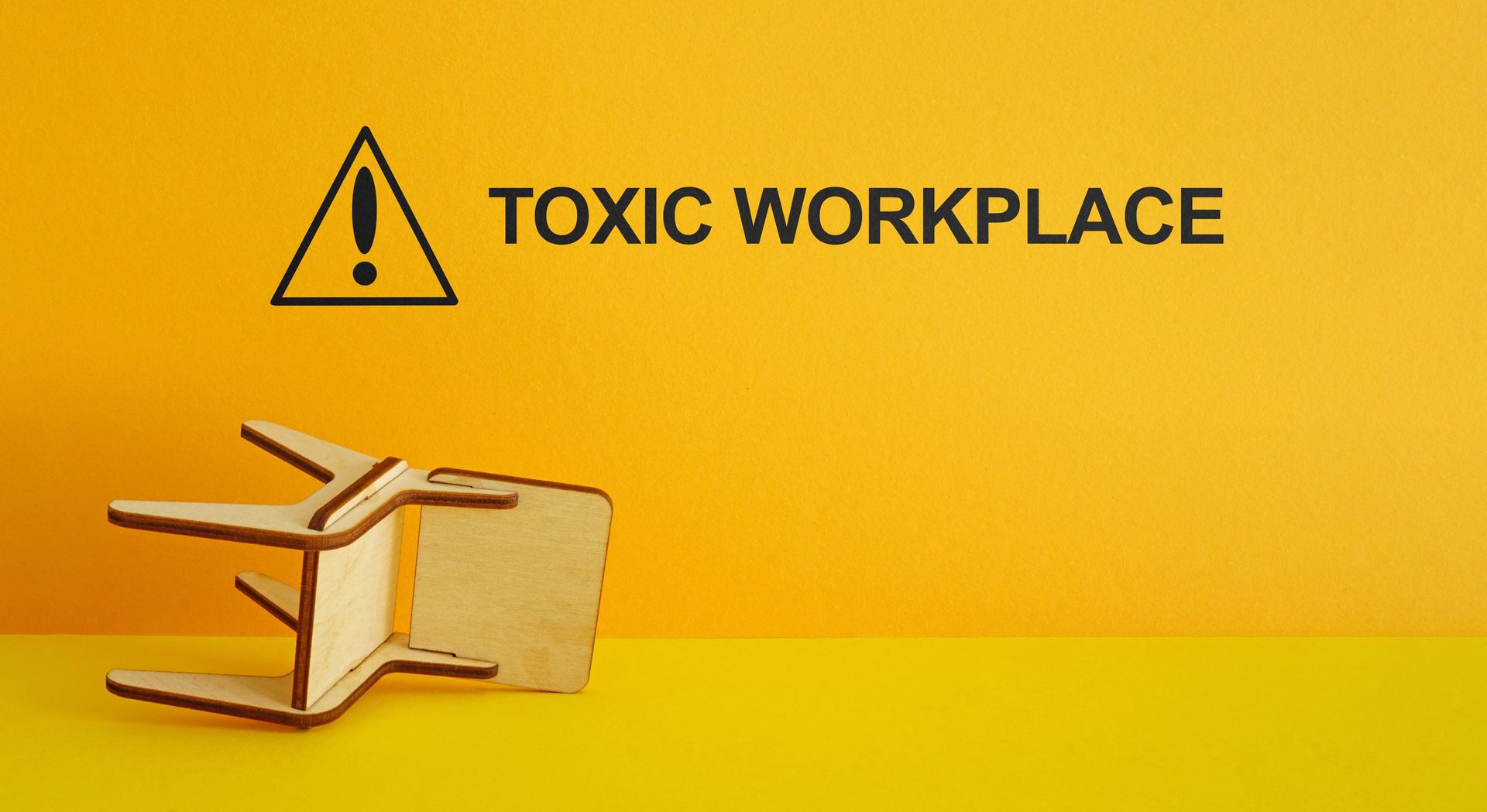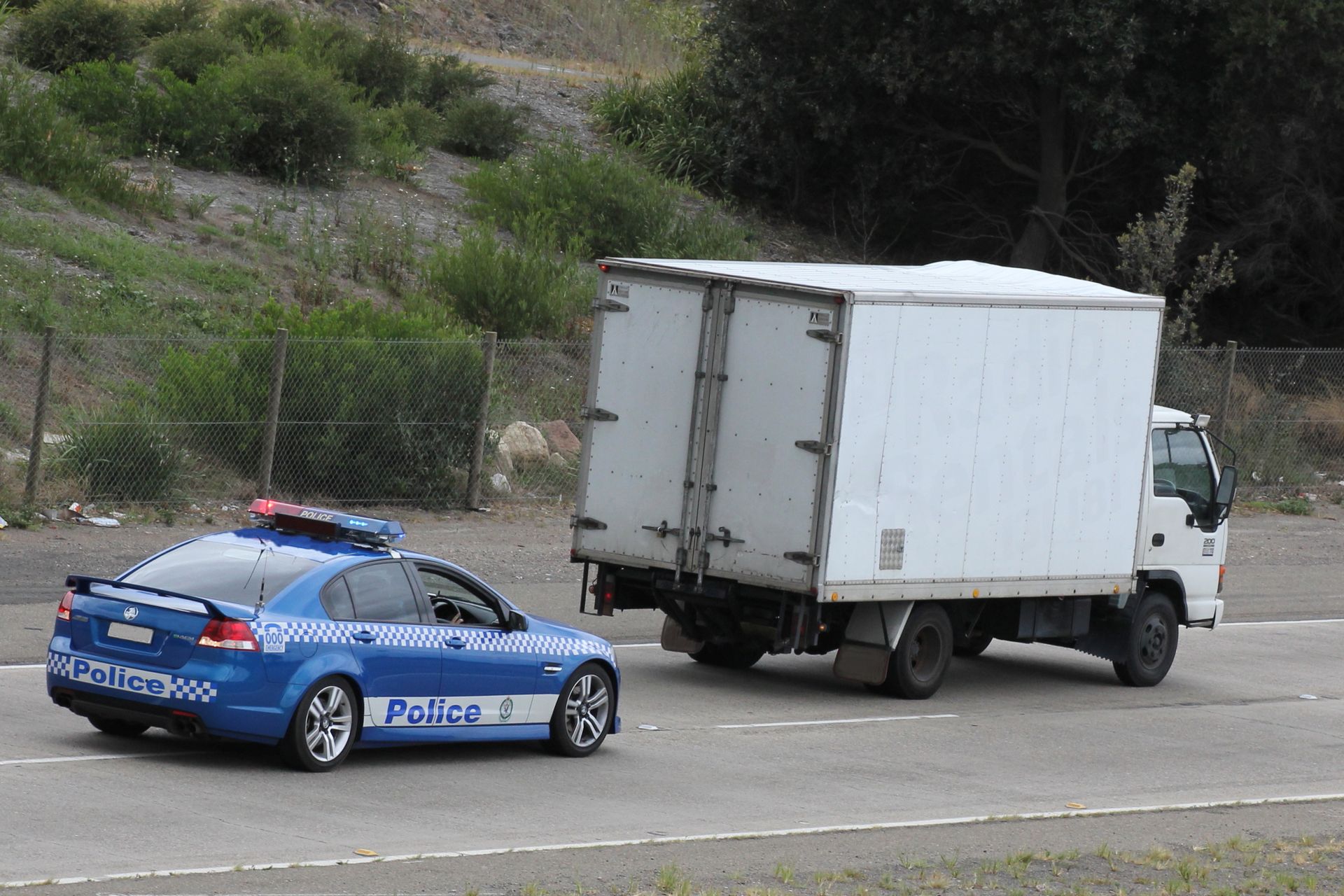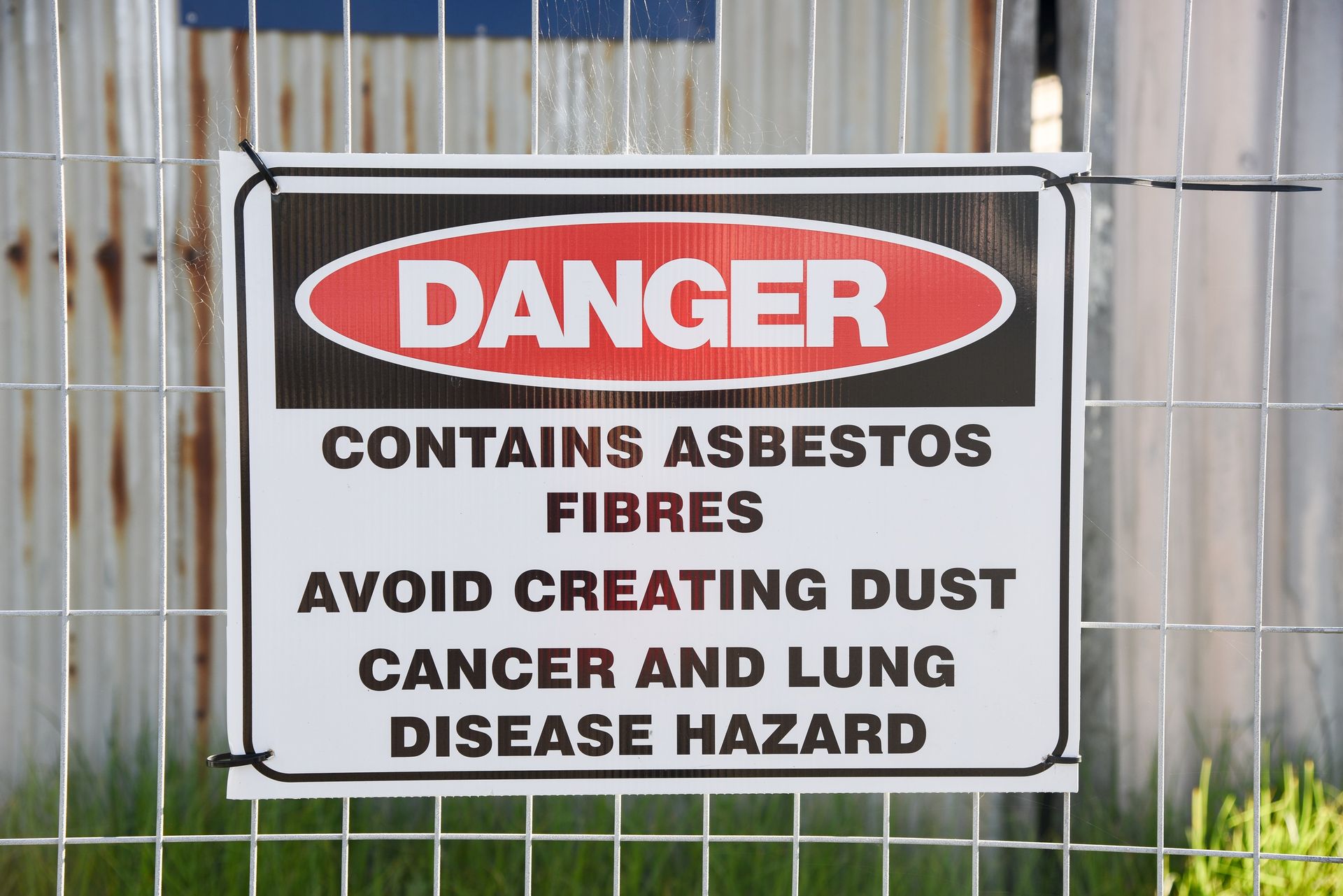What happens where two parents cannot agree on the vaccination status of their children?
Franca Parolin, Senior Associate • November 22, 2021
Since the outbreak of COVID-19 there has been a significant increase in family law disputes between parents in relation to the vaccination status of children.
The recent case of Makinen & Taube [2021] FCCA 1878 dealt with a mother and father of two children aged 12 and 8 years old, who held opposing views in relation to the COVID-19 vaccine.
There is a presumption under the Family Law Act 1975 that both parents have ‘equal shared parental responsibility’ requiring parents to consult with each other and make a genuine effort to come to a joint decision about the major long-term decisions in respect of the care, welfare and development of the child/ren. Courts can order that one parent have ‘sole parental responsibility’ for all major long-term decisions or for particular issues. Parental responsibility includes making decisions in relation to vaccinations and immunisations for children.
In this case the parties had Orders that provided equal shared parental responsibility for the parents. The father however sought to have sole parental responsibility for decisions regarding immunisations and vaccinations for the two children, as he wanted the children to be vaccinated in accordance with the State and Federal Government health recommendations.
The mother was opposed to the children receiving any vaccination and sought an injunctive order that the father not vaccinate the children. The mother submitted that the children were at risk of adverse reactions. The mother’s submissions were based upon literature she had read in relation to harmful outcomes to children from receiving vaccinations.
An Independent Children’s Lawyer (ICL) was appointed by the Court to act for the two children. The ICL relied upon the recommendations of the Family Consultant who reiterated the Government health recommendations that “non-vaccinated children (and adults) can be excluded from services and travel opportunities due to the risk they pose to other people”.
The Court’s findings were that both the mother and father had the children’s best interests in mind, however that it was highly improbable that the parents could reach a joint decision about giving the children any particular vaccine at any particular time.
The court commented that “qualified doctors owe professional duties of care that apply to giving vaccines as a form of treatment ” and further held that the “ the father …. is likely to be more compliant with recommendations by a doctor or medical professional.”
The Court therefore determined that Orders be made for the father to have sole parental responsibility regarding the children’s vaccinations and immunisations. The Orders required the father’s decision-making in respect of vaccinations to be “in accordance with the National Immunisation Program or as recommended by the children’s general practitioner.”
When making decisions in relation to children, this case highlights that the Court’s paramount consideration is the best interests of the child/ren.
This article was co-authored by Law Cadet Karsandra Mantis.
Photo 137372049 © Anton Petrychenko | Dreamstime.com

Kells has been delivering outstanding services and legal expertise to commercial and personal clients in Sydney and the Illawarra region for more than five decades. Our lawyers are savvy and understand your needs.
Subscribe
Want to get the latest articles and news delivered to your inbox?




